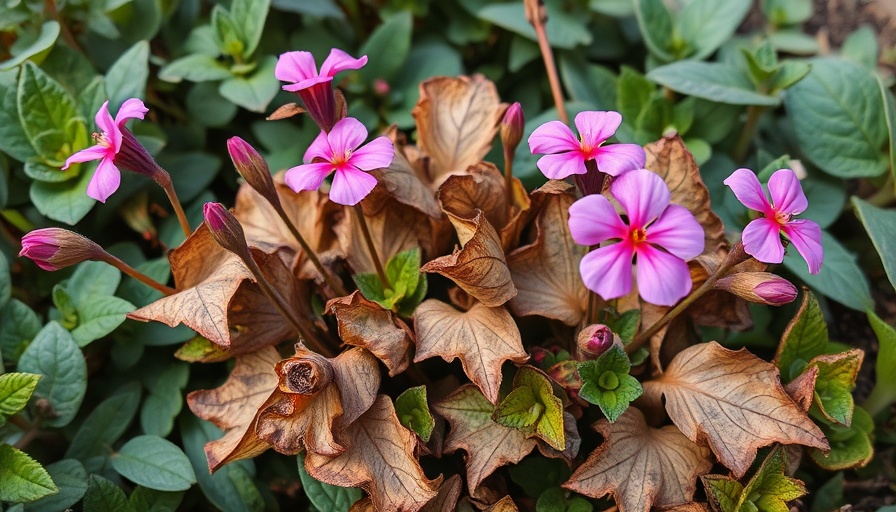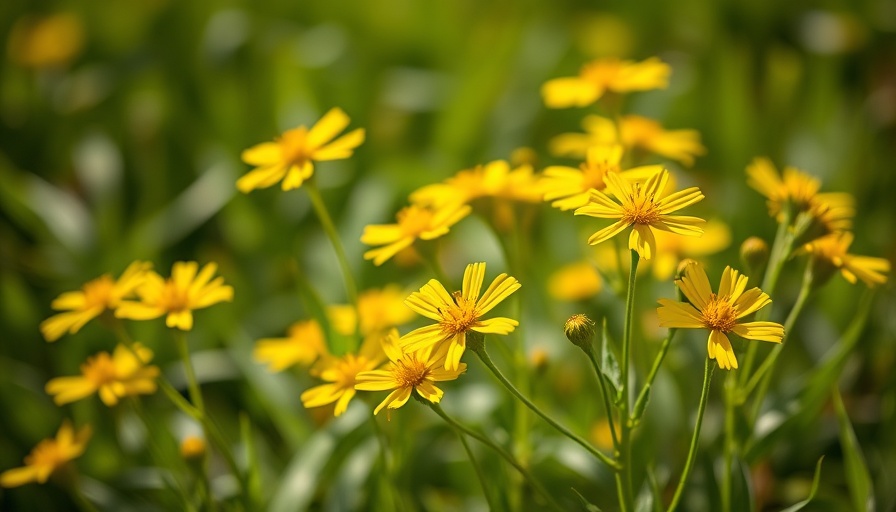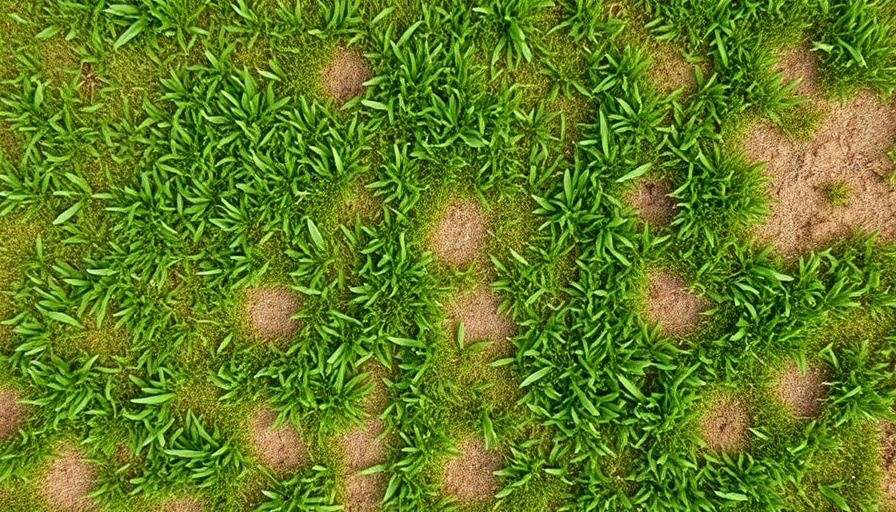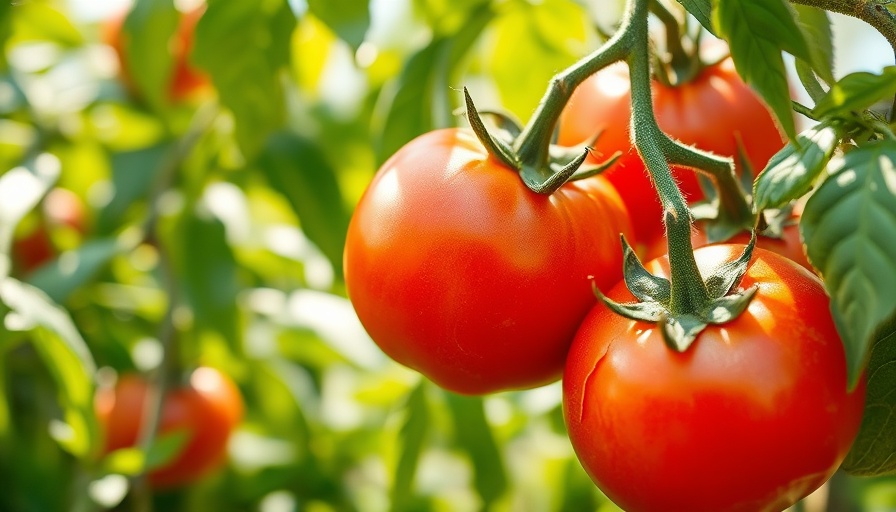
Understanding the Impact of Plant Diseases on Your Garden
In the vibrant world of home gardening, being able to identify and manage plant diseases is crucial for maintaining the health of your plants. Unfortunately, with around 50,000 different plant diseases documented, the odds are that at least one troubling ailment will rear its ugly head in your garden, especially in areas with specific climatic conditions susceptible to various pathogens.
While some diseases result in just minor inconveniences, others can wreak havoc, potentially leading to severe plant decline or even death. Identifying these threats early is essential, particularly for avid gardeners in locations like Muskegon who invest time and resources in their backyards, whether they are looking to start a backyard planting box, construct outdoor soil beds, or expand their green space with additional features.
Recognizing Common Garden Diseases
Among the many plant diseases that gardeners face, several stand out due to their prevalence and detrimental impact:
- Root and Crown Rot: Caused primarily by excessive moisture, these conditions particularly affect areas with poor drainage. When the roots sit submerged in waterlogged soils, they can become vulnerable to pathogens like Phytophthora. Early symptoms include yellowing and wilting leaves, indicating a lack of nutrient absorption.
- Powdery Mildew: This fungal infection appears as a white powdery substance on leaves and thrives in warm, dry conditions, often leading to diminished plant vigor.
- Blight: Several types of blight can dramatically affect both ornamental and edible plants, usually emerging suddenly to cause rapid decay.
Effectively Managing Plant Health
Managing plant diseases effectively requires a proactive approach. Key prevention strategies include growing disease-resistant species and maintaining optimal growing conditions like proper soil drainage and appropriate spacing of plants to foster air circulation.
In addition, keep an eye on watering methods. Using drip irrigation or soaker hoses can minimize excessive moisture on foliage, which is crucial in avoiding rot and other moisture-related issues. For Muskegon gardeners, incorporating local insights, such as local gardening groups or DIY tips tailored for the region, can help bolster your understanding of common diseases and the best treatments.
Companion Planting's Role
Another effective gardening strategy is companion planting, where certain plants are placed close together to mutually benefit each other. For instance, planting marigolds alongside your vegetables can deter pests. This method is particularly beneficial for gardeners working on build elevated planter boxes in Muskegon, maximizing both space and plant health.
Taking Action Against Diseased Plants
Swift action is critical when detecting any disease. If you notice symptoms, promptly disinfect your gardening tools to prevent the spread between plants. Additionally, removing infected plants and properly disposing of them is vital; don't add them to your compost pile!
Understanding and recognizing plant diseases positions Muskegon gardeners to enhance their green spaces effectively. Knowledge allows you to design your backyard projects with confidence—be it a custom patio ensemble or a simplified watering system.
Invest in Quality Local Services
For further assistance, consider reaching out to local lawn care services. Your trusted lawn care provider can lend a hand, particularly if you face challenges like unexpected plant diseases or need to create a lush green environment. Don't hesitate to call Norther-LawnCare.com at Everett Lucas 231-450-3414.
Final Thoughts on Garden Health
Fostering a healthy garden isn't just about planting and watering; it's about understanding the challenges, such as plant diseases, that could potentially undermine your efforts. By being equipped with the right knowledge and tools, including seeking local expertise or utilizing grow-at-home success tips in Muskegon, you can cultivate a thriving garden ecosystem that will be the envy of your neighborhood!
 Add Row
Add Row 
 Add
Add 


Write A Comment